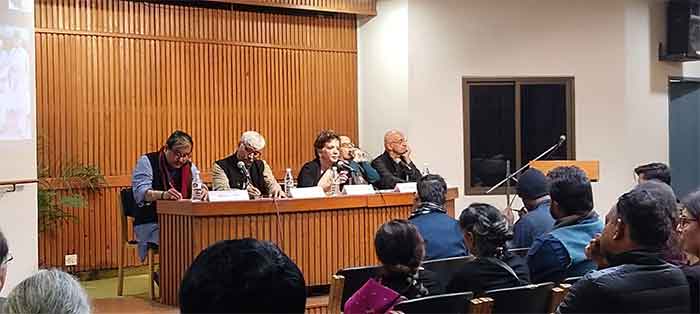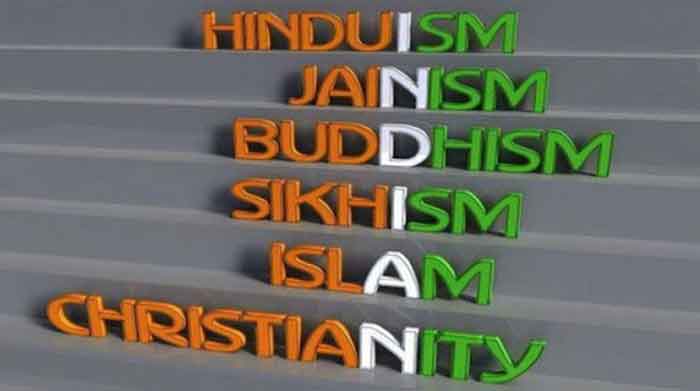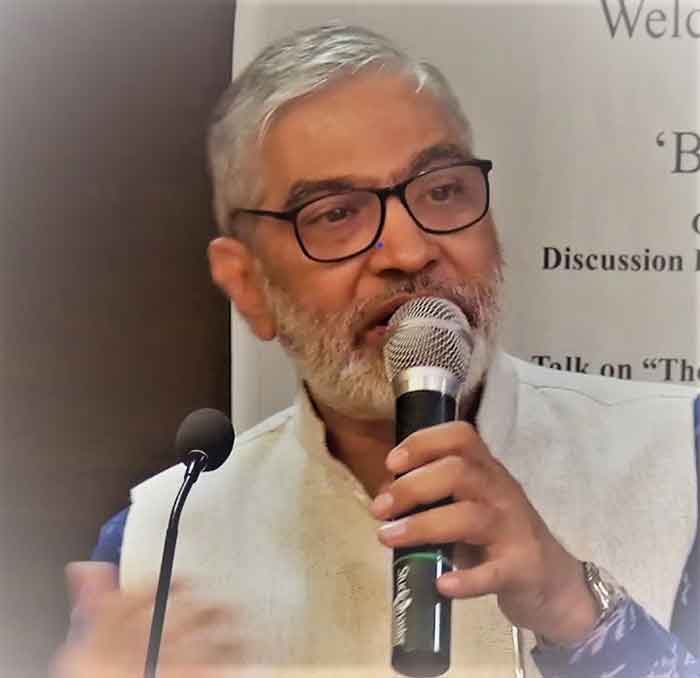
Yogendra Yadav recently wrote about how secularism gave up the language of religion. He blamed secular English-speaking elites for not talking in terms of the cultural metaphors that common Indian could relate with. I understand where he is coming from. But I object to both to the diagnosis of the problem that English-speaking elites are secular while masses are communal. And I also object to the prescription that secular English-speaking elites should talk in cultural metaphors of religion.
Let’s talk about the diagnosis of the problem. Decline of secularism is omnipresent in India, including English-speaking elites. I count myself and my friend circle as English-speaking elite, but secularism is in decline even among English-speaking elites. Many of my pro-BJP friends stand by the principle of secularism but vehemently deny any attack on secularism during this regime. Some of them denounce secularism in toto. Even if we look at exit poll statistics, BJP was more popular in urban areas and there was no division among income groups. This doesn’t leave much scope to argue that English-speak elites were more secular than the masses.
Furthermore, Narendra Modi came to power not on the plank of Hindutva but on the plank of Gujarat model and development. Recall that 2014 campaign by Modi was focused on Gujrat model not on Hindutva. It is after 2014 that Modi has revived Hindutva. I believe that it is not the success of RSS work on the grassroots but the success and power of PR companies, social media and money in politics.
The prescription of using religious-cultural metaphors for propagating secularism has problems of its own. Indian culture does not leave much scope for materialistic atheists like me. I do not believe in spirituality, Atma, rebirth, heaven, hell or Karma after rebirth. I am sure there are many Indians who are like me. But what are the cultural metaphors available to me? The precedents in Indian culture are Charvaka and Brahaspati. Most of Charvaka writing have been lost, and they are only available from references by other texts. Moreover, no one knows about Charvaka among average Indians. I came to know about Charvaka only after explicitly looking for atheists in ancient Indian tradition.
It is true that Kabir, Sikh Gurus, and Bhakti saints advocated for abolition of rituals and equality of all religions. But is it ethical for me quote from these religious authorities when I myself don’t believe in their teachings? Even when it is done to propagate the principle of secularism and universal love, it is fraud to selectively quote authorities in order to organize the masses.
The one precedent in Indian Freedom movement that I know of is, Bhagat Singh. Bhagat Singh rarely invoked religion to organize Hindustan Socialist Republican Association. He invoked Marx and Lenin.
So, what should be done? We need to actively talk about secularism, rule of law, money in politics and democracy to our friends and family, while avoiding self-censorship. Instead of targeting the language that we think will convince people, we should talk in the language we know, and the one we honestly believe in. Whether someone gets convinced or not is something that we cannot control. Here invoking Gita would be appropriate but not doing that is the point.
Bio: Vikas Dhiman is a researcher in Machine Learning and Robotics. He diligently follows Indian and US politics. He has volunteered for the Aam Aadmi Party in the past but is no longer affiliated with any political party. Contact: [email protected]
SIGN UP FOR COUNTERCURRENTS DAILY NEWSLETTER

















































